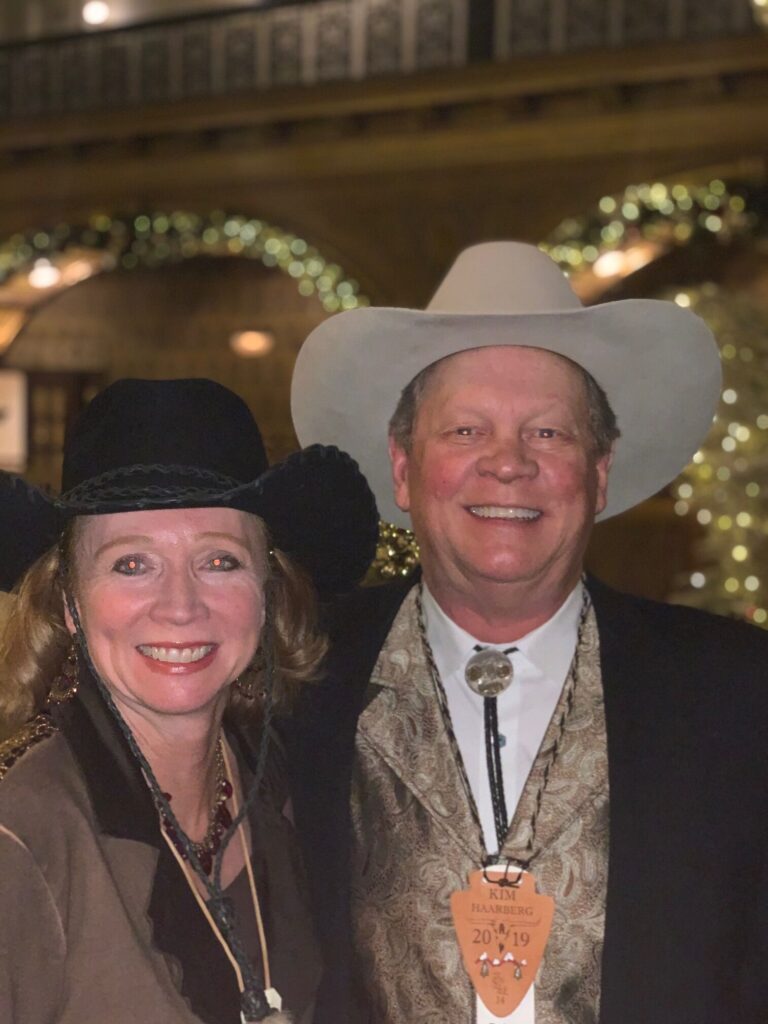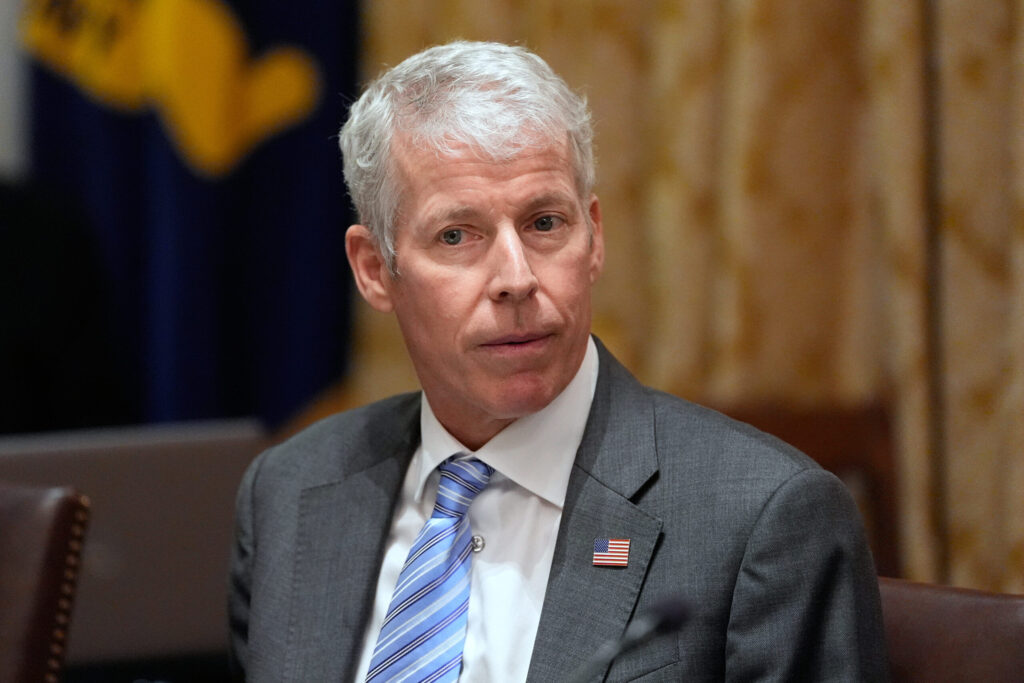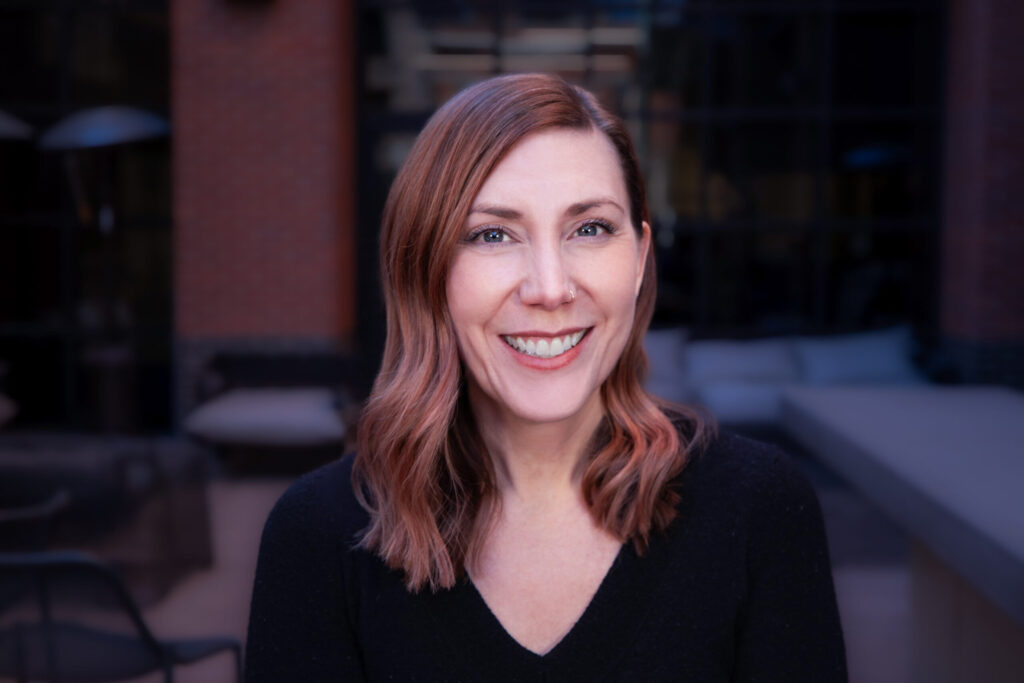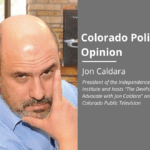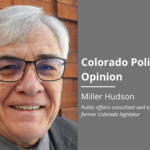‘Cowtown’ slaughterhouse ban comes at catastrophic cost | GABEL
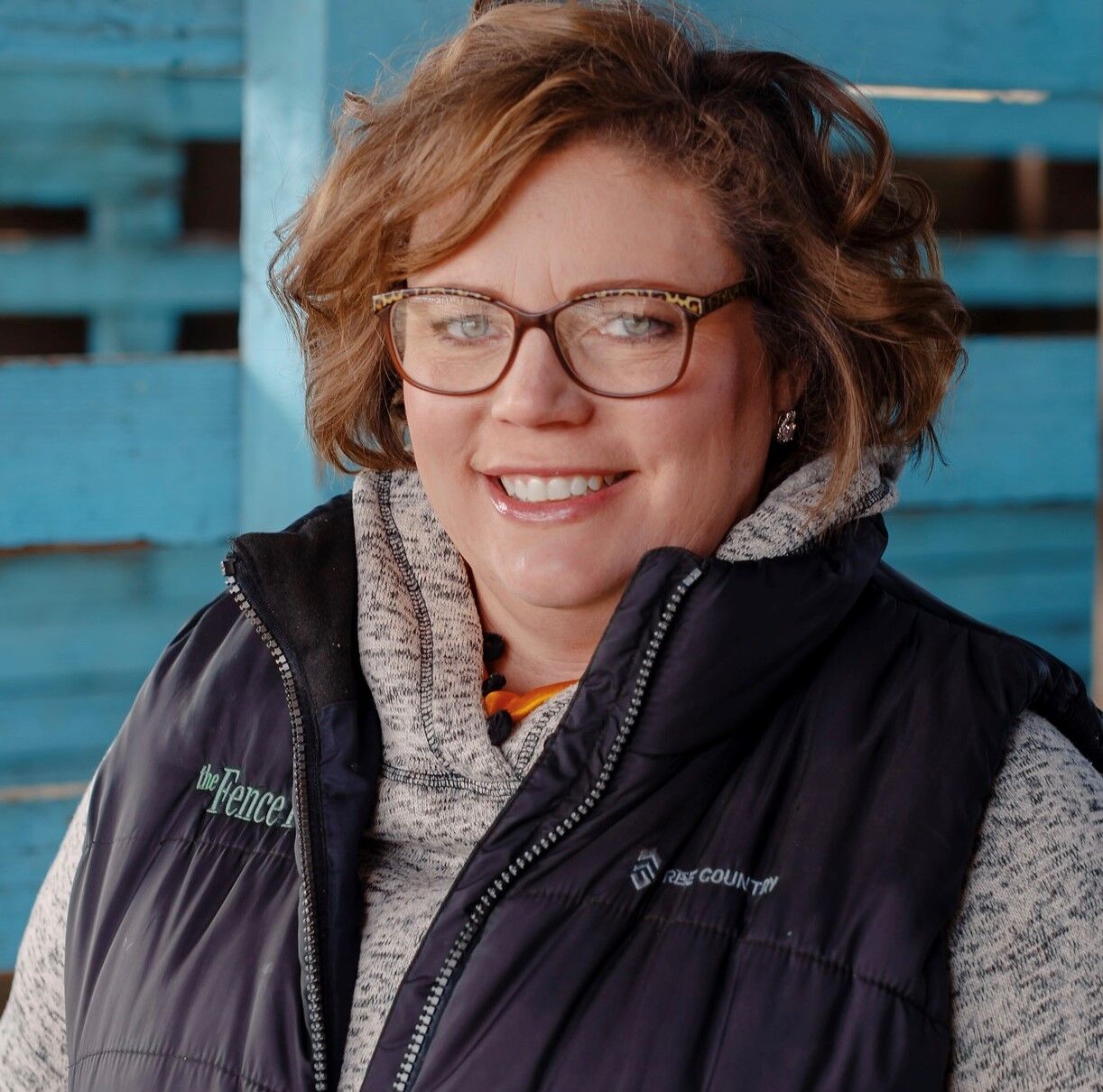
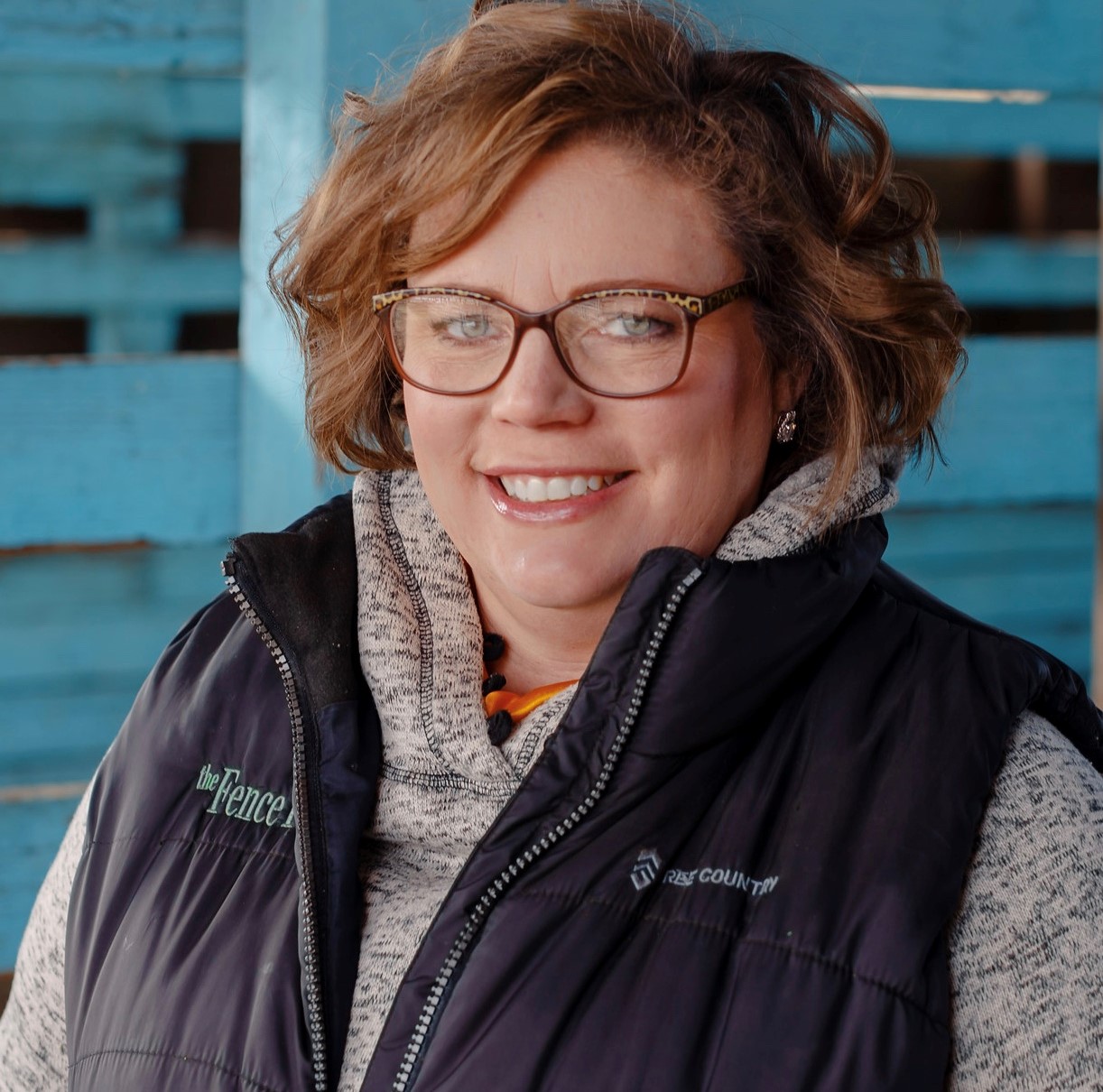
United States Secretary of Agriculture Tom Vilsack offered the opening remarks at the Water in the West Symposium on the Colorado State University Spur campus on Nov. 8. According to a Department of Agriculture press release, Vilsack will discuss the USDA’s work to build rural prosperity by supporting producer income, bolstering local and regional food supply chains and creating jobs and economic opportunities in rural areas. The release says he will focus, in particular, on the department’s efforts related to water and conservation. In addition, he will talk about work to foster the next generation of leaders in food and agriculture.
“It’s about collaboration, it’s about conservation, it’s about community,” he is quoted as saying in the release.
Representatives from Colorado Cattlemen’s Association, Colorado Farm Bureau, and Colorado Livestock Association had 24 hours of notice to send representation.
Collaboration, my foot.
Stay up to speed: Sign-up for daily opinion in your inbox Monday-Friday
A fringe animal-rights activist group has submitted signatures to the Denver Clerk and Recorder to be certified to place a proposal on the municipal ballot to outlaw slaughterhouses in Denver. Not only is agriculture not at the table on this one, but consumers also won’t have a voice either. The same group is also circulating a petition to prohibit fur products. The approved title is wrought with fear mongering language sure to pull on the heart strings of voters asked for a signature. Complete Colorado reported the treasurer for Pro Animal Denver, which supports the ban, is reported to be Aiden Cook, a long-time animal rights activist from the Denver/Boulder area who previously supported having the mutton bustin’ competition pulled from the National Western Stock Show.
At first blush, most people might assume there are no slaughterhouses in Denver, but Superior Farms is. It is one of the largest lamb processors in the country and the majority of lamb consumed in the U.S. is raised, fed or processed here in Colorado.
Superior Farms, a company with a 70-year history, employs 170 employee-owners and if passed, the measure would cost the city of Denver $70 million to compensate the company for the forced closure.
The financial effect of the measure, if passed by voters, would be significant both in and out of state. The Colorado Department of Agriculture reported in 2022 Colorado was home to 430,000 sheep and lambs of all classes. In fact, if you’re in the northwest part of the state this time of year, you’re likely to encounter a traffic jam of the woolly variety as sheep producers trail their flocks toward home and eventually the desert, where they will spend the winter.
Colorado is second in the nation for wool production, second for market sheep and lamb production (this class of sheep are ready to be slaughtered), and third for overall sheep and lamb production. The sheep industry makes up a portion of the state’s $5 billion livestock industry.
Outlawing slaughterhouses in Denver is a step toward voting in food scarcity and higher food prices for families not only on the margins, but families like mine, and likely yours, who are spending more at the grocery store than ever before. The precedent set by the passage of such a prohibition is dangerous and puts not only the National Western Stock Show and the larger agriculture industry in the crosshairs. The NWSS, which has been the crown jewel of Denver since 1906, brings in about $120 million during the 16 best days in January, in addition to $10 million through other events at the complex and more than $6 million in local and state tax revenue.
This is a ban based purely in emotion without thought to the employee owners of Superior Farms, the taxpayers of Denver or Colorado, ag producers, or consumers. This, like wolf reintroduction and mountain lion hunting, is not a decision for extremists who refuse to acknowledge the larger picture. The expense of this prohibition are far too great for any of us to bear.
Until the signatures are certified, eat more lamb, 10,000 coyotes can’t be wrong.
Rachel Gabel writes about agriculture and rural issues. She is assistant editor of The Fence Post Magazine, the region’s preeminent agriculture publication. Gabel is a daughter of the state’s oil and gas industry and a member of one of the state’s 12,000 cattle-raising families, and she has authored children’s books used in hundreds of classrooms to teach students about agriculture.



